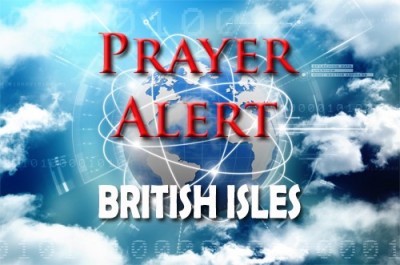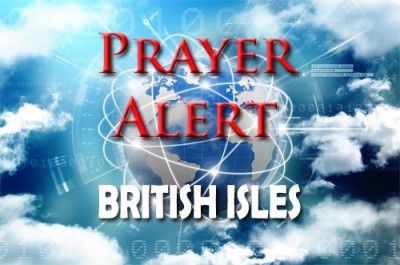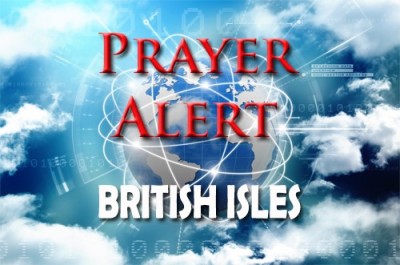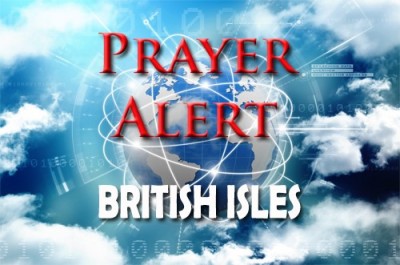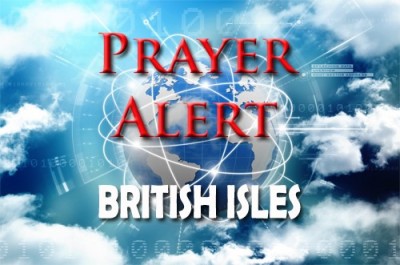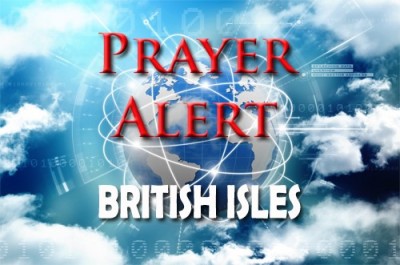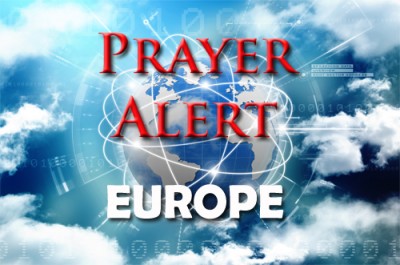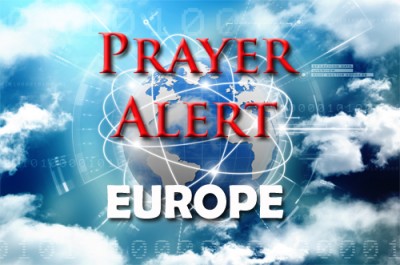Ministry’s bank accounts closed after harassment
30 Jul 2020A Christian ministry has been targeted by activists because it offers help to people who want to move away from same-sex attraction or behaviours. Core Issues Trust (CIT) is a non-profit Christian ministry that supports men and women voluntarily seeking change in sexual preference and expression. Led by Mike Davidson, the group has received abusive calls and messages, and been dropped by multiple service providers since being targeted through a social media campaign. It has now heard from Barclays Bank that its accounts are closed. Barclays is a top-ranking employer on Stonewall’s list. The Christian Legal Centre is supporting CIT as it seeks to resolve these issues. CIT said, ‘The term “conversion therapy” is being used as a catch-all phrase to discredit any help that people may provide to those with mixed sexual attractions who prefer their heterosexual side. This could include a listening ear, formal counselling or spiritual support.’
Funds and prayer for churches and hospitals
30 Jul 2020The Archbishop of Canterbury has launched Together in Unity to support Anglican communities suffering from the pandemic. The unprecedented and devastating effect of coronavirus on global communities already impacted by conflict, natural disaster, and famine means they are ill-equipped to implement even the most basic hygiene and sanitation measures. Hospitals and clinics are without critical supplies, and lockdown measures have brought wages down to zero. Funds raised through the UK appeal will be distributed to coronavirus-response projects. Also, in the UK people have been making thousands of scrubs and walking miles to raise money for Hospitals. But Asian Christian hospitals have no such support and no government funding. People walk for days or travel on hot overcrowded trains to clinics, but lockdown and widespread fear of the virus has led many people to skip treatments at missionary clinics and hospitals that depend on income from routine treatments to pay staff. See
Police activity
30 Jul 2020Over 200 police officers unleashed dawn raids at homes across Oxfordshire. Two men and three women, all from the Wantage area, were arrested on suspicion of modern slavery, money laundering, and tax evasion. After searching cars, sheds, and homes, the officers found expensive jewellery, large quantities of cash, and a suspected stolen JCB. Ten people were charged with drug supply offences following a series of county lines warrants executed by specialist crime officers in Enfield, Haringey, Croydon, Essex and Thames Valley. The warrants were the culmination of a 13-month long investigation targeting drug supply and associated violent crime in Norwich, and took place on Tuesday 28 July at residential addresses across London and surrounding counties. During the manhunt, officers found a number of vulnerable people affected by the organised crime network. Safeguarding measures are being implemented. See also
Government ‘neglectful’ in caring for elderly
30 Jul 2020Pilgrim's Friends Society, which runs Christian care homes, said the government has been worse than neglectful in its care for elderly people for years. Successive governments have put the prospect of good social care plans in the 'too difficult to do' basket. The society was responding to a report which stated that the Government ignored care homes during the coronavirus pandemic. The evaluation of the readiness of the NHS and care homes for the Covid-19 crisis found they were just about able to cope, but it was a different story for adult social care. The report said, ‘Years of inattention, funding cuts and delayed reforms were compounded by slow, inconsistent and at times negligent government approaches to giving the support needed during the pandemic: discharging 25,000 patients from hospitals into care homes without making sure all were first tested for Covid-19, and continuing the patient moves even after it was realised that people could transfer the virus without ever having symptoms.’
Values or praxis?
30 Jul 2020Pastor Fred Drummond gave his church leaders a list of programmes the congregation participated in and asked them to write down why they did these things. Many could not remember why certain programmes had started: not that they were bad, but people had been doing them for so long that they had forgotten their original purpose. Fred said, ‘I think these activities had been the passion of someone in leadership in the past. They had gone well at the start and people liked them - but then they just became part of the furniture. They are valued and take energy and capacity to maintain, but are they still fit for purpose? Having chatted to a variety of leaders of different ages, I found how quickly our thinking can become dominated by such programmes and activities. We keep the plates spinning as best we can because we know people like them, and we begin to use up more and more resources in order to sustain them.’
Lockdown solidarity 'starting to fray'
30 Jul 2020The restrictions of lockdown fostered a community spirit in Britain, with feelings of solidarity and togetherness. However a campaign called Together, which includes the NHS, charities, media groups and employers among its founders, says this sense of togetherness is beginning to fragment and fray. It is organising a national public consultation on how to avoid new community divisions opening up. Analysis of the polling of 2,000 adults during May-June has led to the warning, ‘There's a risk that past divides are re-emerging as society starts to re-open. The shared experience of lockdown made many people feel more connected to their neighbours and local community. Now that sense of togetherness is starting to fray, but people would rather we kept hold of it.’ There are expected to be challenging months ahead.
Russia: anti-Putin protests
30 Jul 2020Sergei Furgal, governor of the far eastern city of Khabarovsk, was interrogated and ordered to be held in jail for two months. Thousands of demonstrators have been gathering in the streets for three weekends to show their anger over the Kremlin's replacement of this popular regional governor. The sustained demonstrations represent a growing challenge for Putin, who is viewed as having a role in sparking the regional crisis after he fired Furgal. Many have called for his resignation. Others chanted ‘Disgrace’ and denounced the acting governor appointed by Putin. According to protest leaders and independent journalists, over 50,000 people demonstrated in Khabarovsk, which would make it the largest anti-government protest there since the collapse of the Soviet Union in 1991. Protesters see criminal charges raised against Furgal before his dismissal as unsubstantiated. They are demanding he stand trial at home instead of in Moscow, where he has been transferred.
Brexit deadlock
30 Jul 2020Brexit talks have stalled over a series of key issues; neither the UK and EU has shown any willingness to make concessions. The future of British fisheries has remained one bone of contention since the start of the talks, as the EU continues to demand access to UK waters at the end of the transition period. Tim Bale, the deputy-director of the UK in a Changing Europe think tank, suggested Boris Johnson is unlikely to give in to EU demands because of their ‘symbolic’ importance. It’s all about the slogan that won the referendum, ‘Take back control’.
